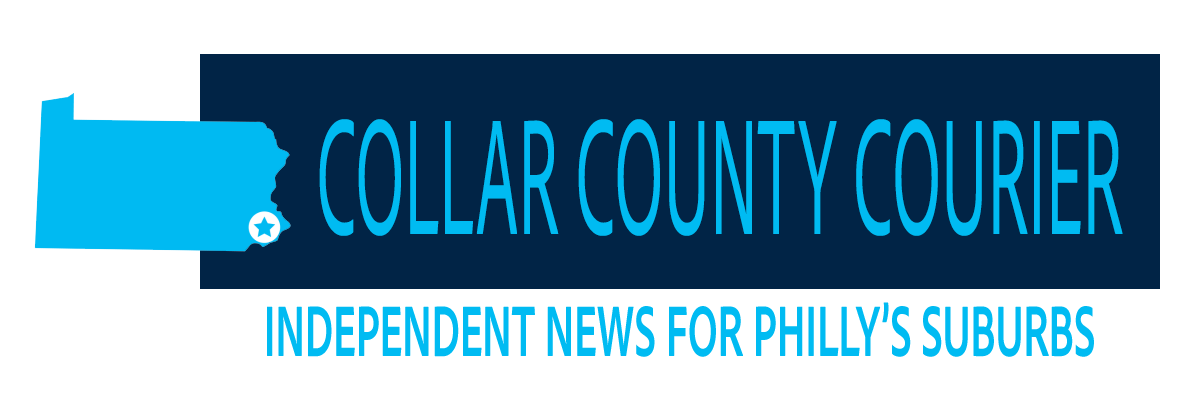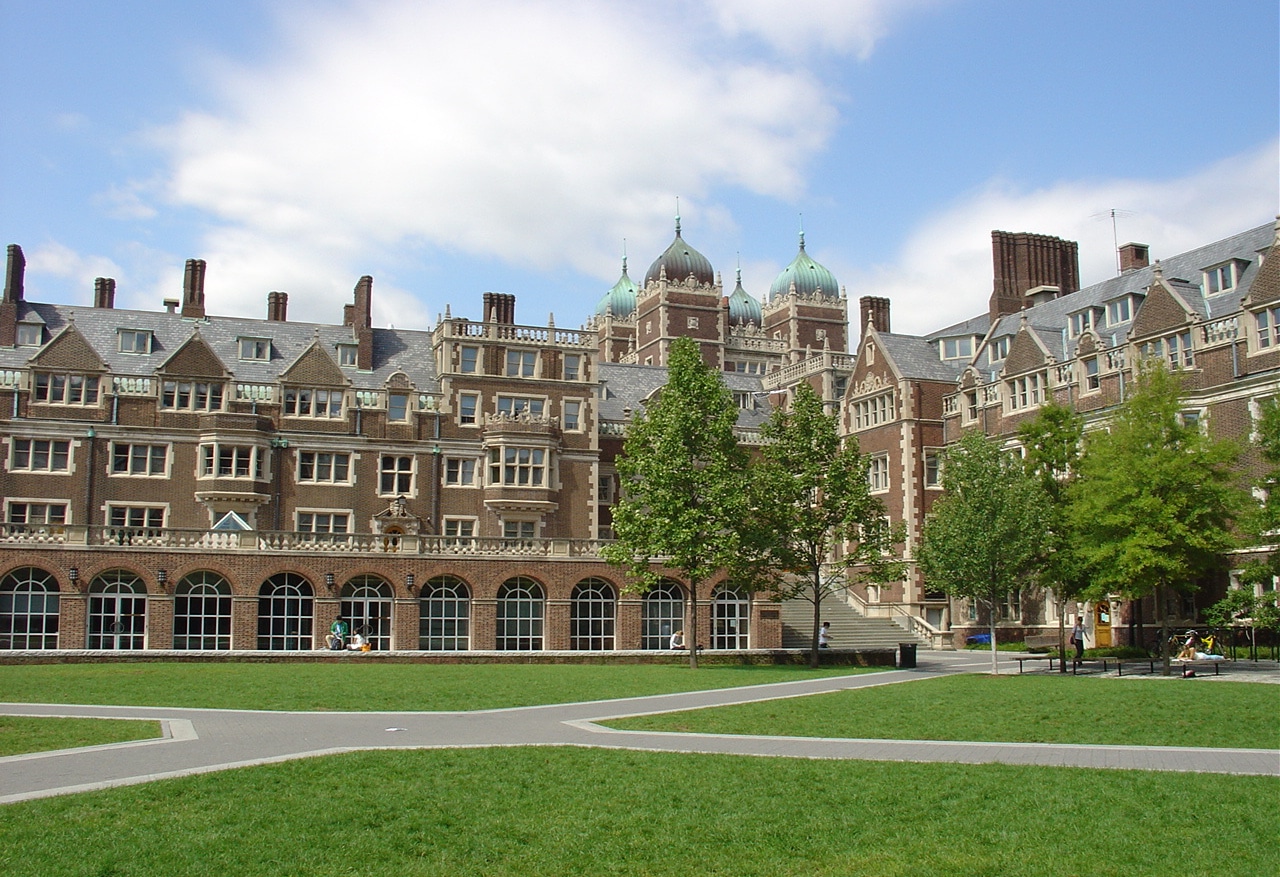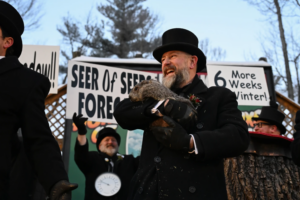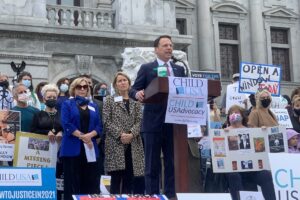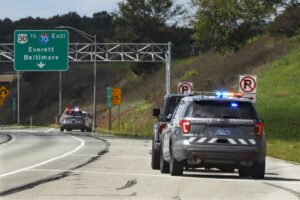Faculty at University of Pennsylvania and Penn State are reported to be increasingly likely to hide their political views from classmates and colleagues, according to a new survey.
A new documented trend of self-censoring dissenting opinions has become increasingly common, according to the Foundation for Individual Rights and Expression (FIRE) survey. Faculty at University of Pennsylvania and Penn State, among other colleges across the state, of a survey base of 6,269 tenure track and non-tenure track faculty, are hiding their personal beliefs from colleagues and students.
The censorship, according to the survey, extends beyond examples of classroom discussion limits and reaches to professional research as well. One in five professors of the over 6,000 surveyed shared that they would prefer to avoid certain research topics rather than risk displaying a result that may be politically ostracized. Of the professors who responded to the survey from the University of Pennsylvania, only 26% responded that academic freedom was “very secure” on campus. The Anti-Israel demonstrations and antisemitism allegations over the summer. May be a factor as well. At Penn State, over 55% of respondents said they either frequently or occasionally chose to self-censor in the classroom or on different professional research projects.
FIRE, a national non-profit institution that aims to draw attention to instances of freedom of speech violations in the current political landscape, noted alleged similarities between the treatment of conservative faculty to the treatment of falsely suspected communists in the Hollywood blacklist era of the 1950’s, instituted by Wisconsin’s Republican Sen. Joseph McCarthy. “The McCarthy era is considered a low point in the history of American academic freedom with witch hunts, loyalty tests and blacklisting in universities across the country,” said Nathan Honeycutt, FIRE’s polling and analytics head. “That today’s scholars feel less free to speak their minds is a blistering indictment of the current state of academic freedom and discourse.” FIRE clarified that those who responded were not limited to all conservative professors but were a broader base of anybody who held a belief that may be politically unpopular.
The survey, released in December 2024, gathered responses from 55 colleges, universities and institutions across the country, but demonstrated that responses in Pennsylvania were among the most extreme that were gathered. At both UPenn and Penn State, slightly less than 25% said that the administrations of their respective schools protected freedom of speech on campus. When asked if they would support more measures to attain a more balanced political environment, as much as 75% of respondents said they would support the administrations adopting new policies. Faculty expressed discomfort in upholding the idea that their job is to facilitate discussions for the purpose of advancing academic discourse with students and their colleagues, according to FIRE. This was part of the broader audience that responded to the survey and was not limited to openly conservative faculty members.
